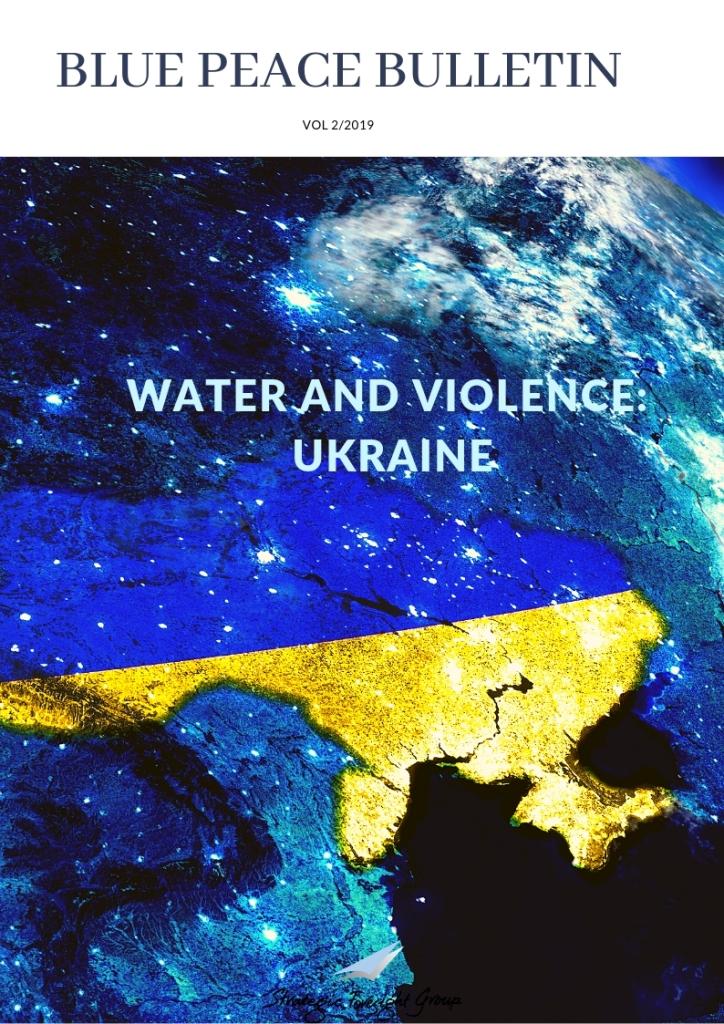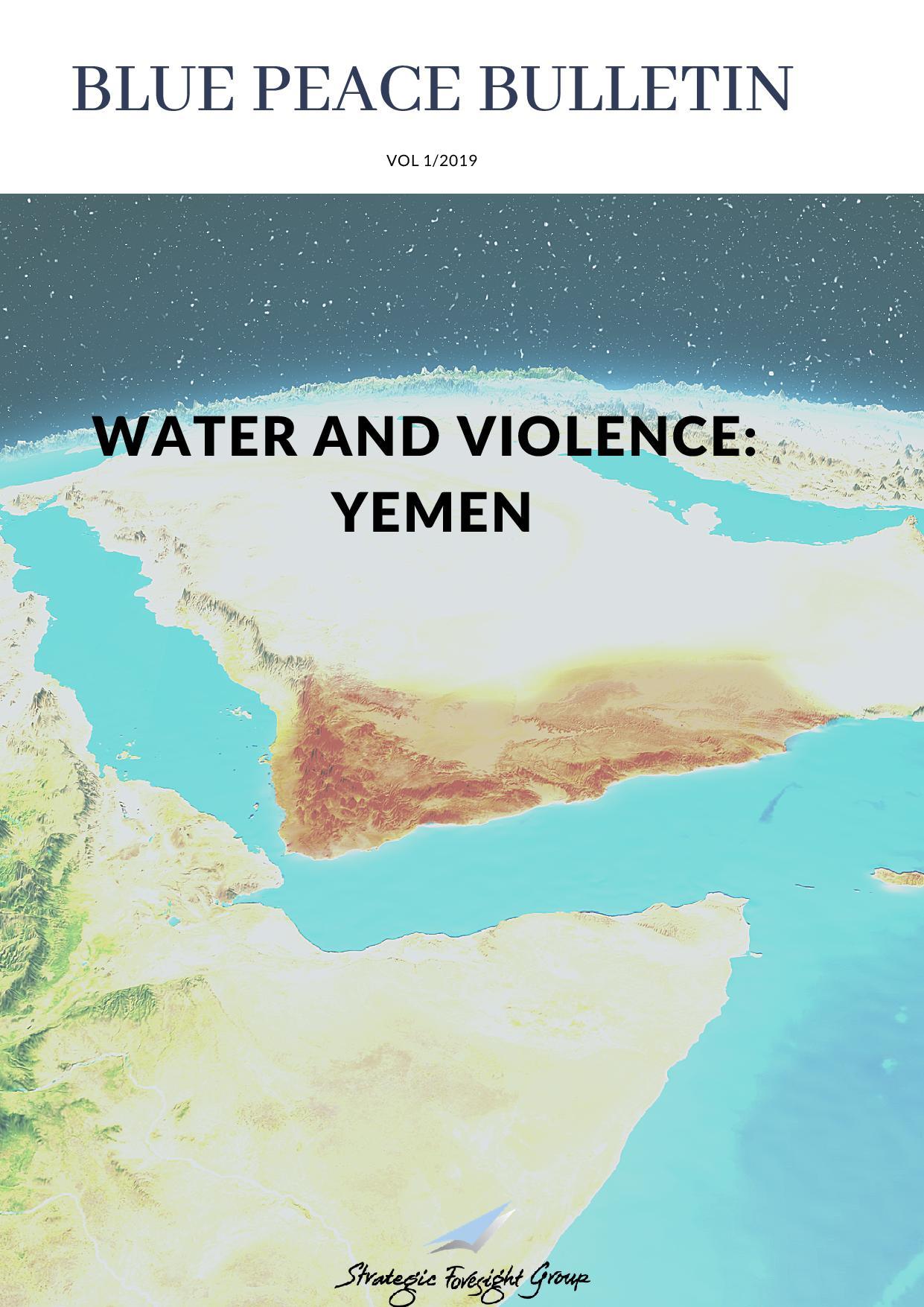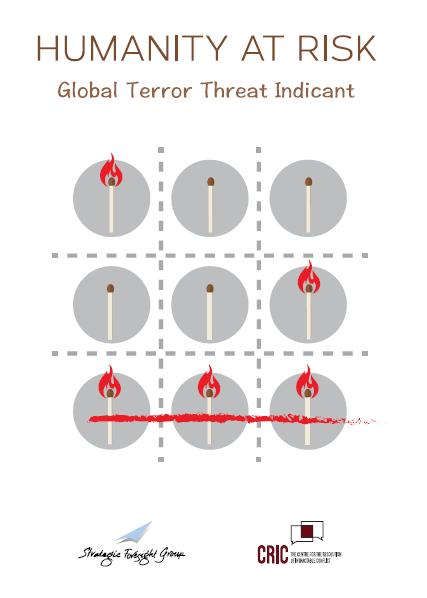Interview with Nikolay Paunov, President of Liberal Politilogical Institute (LPI)
|
|
April 2007
By Ranjini Ramaswamy
|

How do you see the twenty-first century and what needs to be done to prevent new forms of conflict?
The early part of the 21st Century witnessed the restructuring of geopolitical and ideological zones of international and regional conflicts. The end of bipolar confrontation, the development of information and communication technologies, globalization, expansion of the world markets causing economic inequalities, and global terrorism, are among the main factors, which will continue to influence the formation and development of new zones of political insecurity around the world.
One of the main challenges the international community faces in the new century will be the pluralization of Islamic religious communities especially in the manner in which they reject their inherited cultural tradition which predicates a radicalized way of life. Deepening social inequalities and unemployment for example, will continue to be a source of violence in big European cities. The other key area for international negotiations and control will be the prevention of the spread of nuclear weapons and the prohibition of experimental nuclear detonations.
This emerging scenario calls for adequate forms of international cooperation on issues of security and defense between democratic countries as also public discussions on the causes of conflicts and preparation of stable strategies for their prevention.
How do you perceive the problem of terrorism, its definition and role, and what needs to be done to prevent it?
Terrorism is a complex phenomenon that cannot be reduced to acts of armed violence against innocent citizens. It is a unified phenomenon not merely defined by the means it employs but also depends on the final results of the act itself. We must recognize different cultural, historical and social contexts that serve as the motivation for subjects who choose terror as a form of political action. There is a need to address �€˜terrorisms�€™ rather than a single act of violent terrorism. No cultural, religious or ethnic community is genetically predisposed to terrorism. It is also important to realise, that the threat of organized terrorism evolved not from Islam, but from the abuse of it for political and ideological aims.
But the issue is further complicated today because terrorism is interlaced with more problems that confront humanity, such as poverty, trafficking (of human beings, drugs, nuclear, chemical, biological, and others potentially lethal materials), access to economic and information resources, the use of media for creating psychological pressure, and last but not the least, the consequences of secularization which invokes the necessity for cultural affirmation in global society.
Terrorist attacks today can be cited as the most serious threat to the security of citizens around the world as they transcend boundaries. The fight against them demands the use of new political, diplomatic, police, intelligence and military mechanisms. But the question of whether terrorism will increase over the next decade and whether it has other policy implications does not depend on whether Western countries can improve their security systems and manage to ensure effective anti-terrorism prevention, but rather on our common ability to create an international environment of dialogue where all actors are treated equally and with due respect.
What needs to be done to bridge the divide between Western and Islamic countries?
We need to accelerate efforts aimed at fostering mutual understanding. We need purposeful policies for expanding cultural exchange �€“ for example one positive step could be increasing the number of scholarships for students from Islamic countries to study in Western universities, as well as (and more importantly) scholarships and programs for Western youths to study in Islamic universities. We need to encourage dialogue between our cultures and the best way to do this is by getting to know each other better, as fundamental human values and goals are the same everywhere.
Widespread poverty and social marginalization of large groups of people within Islamic countries, low levels of education and healthcare, etc. are also factors which pose a security threat not only in this region but on a global scale. Without addressing these factors, all measures, undertaken for ensuring collective and individual security will be partial and with a limited effect.
What are your prescriptions for lasting peace in the Middle East?
The Middle East conflict is one of the most complicated problems in international politics today. A successful and lasting resolution to this is possible only through active engagement and implementation of negotiated conditions as specified in the �€œRoad Map�€ for peace, prepared by the USA, EU, UN and Russia. They should continue financial support for infrastructural development in the region, establish democratic institutions in Palestinian territories, encourage civil dialogue and actively engage key figures of Muslim and European elite in a public dialogue. Increasing employment, as well as creating opportunities in education and vocational courses for young people is also an important factor for the stabilization of relations and building mutual trust between the Palestinian and Israeli sides, in particular.
What needs to be done to recognize the role played by the Islamic societies in the past in the advancement of human civilizations? What can be done to revive that spirit?
A positive step could be conducting a wide-scale education campaign to raise public awareness on the issue. The campaign could include participation of inspiring leaders, opinion makers, popular persons, famous faces and voices in the field of politics, business, non-governmental sector, science, culture, media, and art. The campaign can be implemented both in Western societies as well as in Islamic ones, where the general public is also not well acquainted with most of the Arabic and Islamic historical, cultural and scientific achievements and its contribution to the advancement of human civilization. And learning about the brightest periods of Islamic history will allow youths from these societies to seek alternatives to fundamental religion and anti-western radicalism and find newer ways to express pride in their specific cultural and ethnic identity. Of course this education campaign should be carefully planned and implemented with the aim to raise the awareness and national (or ethnic) self-confidence in the Islamic societies, and not to incite nationalistic and chauvinistic attitudes.
What is your personal philosophy on how relations between communities and nations should be managed? How do you suggest we reconcile power with principles?
This is so complex and comprehensive question that an answer of few sentences could hardly escape using clichés. Our philosophy on how relations between communities and nations should be managed is based on the so-called liberal approach to international relations. Two words could describe our view �€“ dialogue and cooperation. We are still far away from a common democratic world government. The national states and their governments are the main actors in the world scene, and the enforcement of international law and common agreements is based mostly on the good will of these actors. Military power continues to remain an effective option. But policy from the position of power will always engender confrontation and hostility. Guaranteeing worldwide security and prosperity cannot be achieved without international cooperation. Partnership should be the main principle of our relations on the international scale.
Only through the cooperative efforts of all countries focusing their attention towards the achievement of peace and stability, as well as mutual understanding help guarantee the defense of personal rights and freedoms for all citizens around the world. Many people describe this approach as too idealistic to deal with new threats. However we would say that the lack of international cooperation creates a world dominated by violence and conflicts, where international law will be violated by the law imposed by �€œthe power of the day.�€
Related Publications
Related latest News
Related Conferences Reports
-

P5 Experts Roundtable on Nuclear Risk Reduction
Download:Geneva Roundtable Report
-

Roundtable on Global Security and Catastrophic Risks
Download:Report on RT revise





